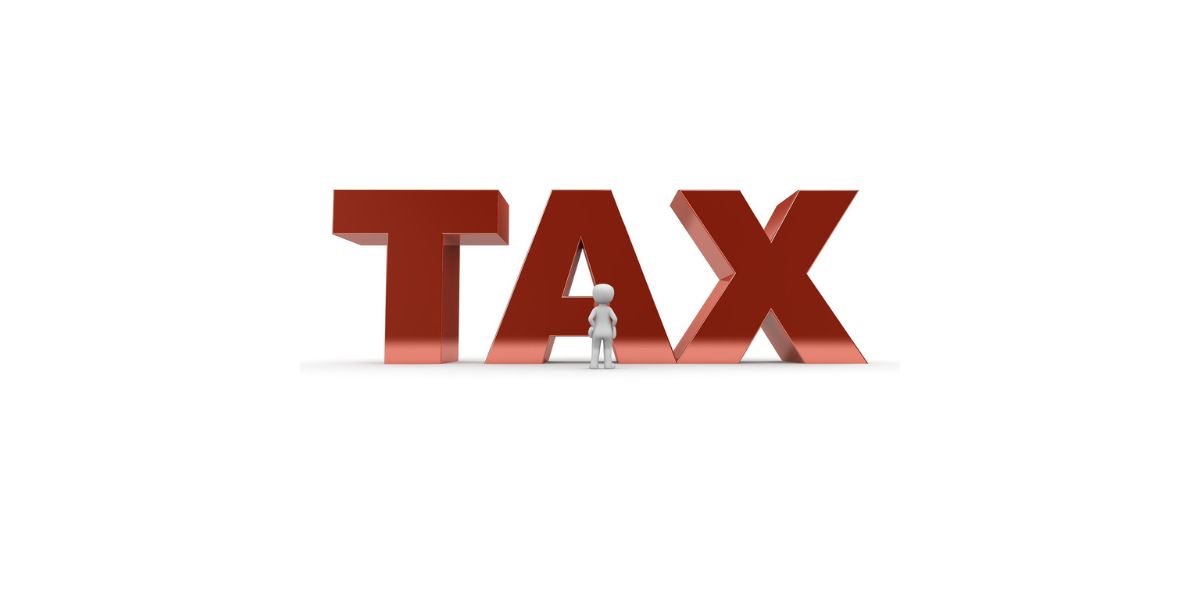Kapanlagi.com - Taxes are not just numbers on a form, but the heart of a country's economy and development. Their role is much broader, reaching various aspects of the economic and social life of society.
By understanding the functions of taxes, we can feel their positive impact, both directly and indirectly, on collective welfare. In the modern state era, taxes have transformed into a highly strategic fiscal policy tool.
The functions of taxes now encompass various dimensions, from revenue (budgetary), regulation (regulatory), economic stability, to income redistribution. All these functions are interconnected and collaborate to ensure that national development can proceed sustainably, so that its benefits can be felt by all layers of society.
By deeply understanding the various functions of taxes, we can see them as a real contribution from every citizen towards the progress of the nation, not just a burden of obligation. For tax functions to operate optimally, awareness and compliance from all taxpayers are needed, as well as transparent and accountable management from the government as the manager of state finances.
For more complete information, see the summary prepared by Kapanlagi.com on Thursday (10/4).
1. Budget Function (Budgetary)
The tax budget plays a crucial role as a source of state revenue that supports government spending and development. Taxes fund employee expenditures, government operations, and vital infrastructure projects such as roads and bridges.
The results of tax collection also support social programs such as the Smart Indonesia Card (KIP) and the Healthy Indonesia Card (KIS).
In addition, taxes function as a policy instrument to regulate economic growth and achieve social goals, such as encouraging investment and protecting domestic production.
For example, tax holidays for investors in underdeveloped areas and high tariffs to protect local farmers.
Thus, taxes serve as a source of revenue as well as a strategic tool to achieve national development priorities.
2. Stability Function
Taxes are not just an obligation, but also play an important role in maintaining economic stability and creating social justice in Indonesia.
With careful tax policies, the government is able to control inflation and regulate the circulation of money in society, as seen during the COVID-19 pandemic when the corporate income tax rate was lowered to encourage economic recovery.
Moreover, through a progressive rate structure in Income Tax (PPh), taxes from high-income groups are allocated to finance social programs that assist low-income communities, such as the Family Hope Program and the Smart Indonesia Card.
In this way, taxes function as an effective income redistribution tool, reducing economic disparities and ensuring that development can be felt by all layers of society.
3. Understanding and Characteristics of Taxes in the Economy
Tax is a contribution that must be paid by every individual or entity to the state, and its compulsory nature is regulated by law for the prosperity of the people.
According to Law KUP Number 28 of 2007, taxes are the main source of state revenue that not only flows to finance various public needs but also ensures that every citizen with an income exceeding Rp4.5 million per month fulfills their obligations.
With an Income Tax (PPh) rate set at 0.5% for businesses with a turnover of up to Rp4.8 billion per year, taxes serve as an important pillar in the government budget, covering everything from security, infrastructure, to public services.
However, for those who neglect this obligation, sanctions await, because taxes are not just numbers on paper, but an investment for a better future for the nation.
4. Types of Taxes in the Indonesian Tax System
The tax system in Indonesia is a complex web that encompasses various types of taxes, each with unique characteristics that are important for every taxpayer to understand.
Taxes are distinguished based on who collects them, namely central taxes managed by the government through agencies such as the Directorate General of Taxes, including Income Tax (PPh) and Value Added Tax (PPN), as well as regional taxes that apply only in certain areas, such as Motor Vehicle Tax and Hotel Tax.
In addition, taxes can also be categorized as subjective taxes, which consider the personal circumstances of the taxpayer such as marital status, or objective taxes that do not take personal circumstances into account, such as VAT and Stamp Duty.
From the perspective of nature, taxes are divided into direct taxes that are fully borne by the taxpayer, such as Income Tax (PPh) and Land and Building Tax (PBB), and indirect taxes that can be passed on to others, such as VAT imposed on consumers during transactions.
Understanding these various types of taxes is crucial for every individual and business entity to fulfill their tax obligations in accordance with their economic activities.
5. The Role of Tax in National Economic Development
Tax is the main pillar of national economic development and a vital source of revenue for the state.
Through fiscal policy, taxes fund development programs and projects that enhance community welfare and encourage sustainable economic growth.
For example, infrastructure development such as the Trans Java and Trans Sumatra toll roads accelerates the distribution of goods and reduces price disparities.
Taxes also support the development of human resources through investments in education and health, as well as providing fiscal incentives for priority economic sectors and SMEs.
Amid global economic challenges, taxes play a role in maintaining macroeconomic stability, such as tax incentives during the pandemic. Thus, taxes are an investment for a better future.
(kpl/rao)
Disclaimer: This translation from Bahasa Indonesia to English has been generated by Artificial Intelligence.












